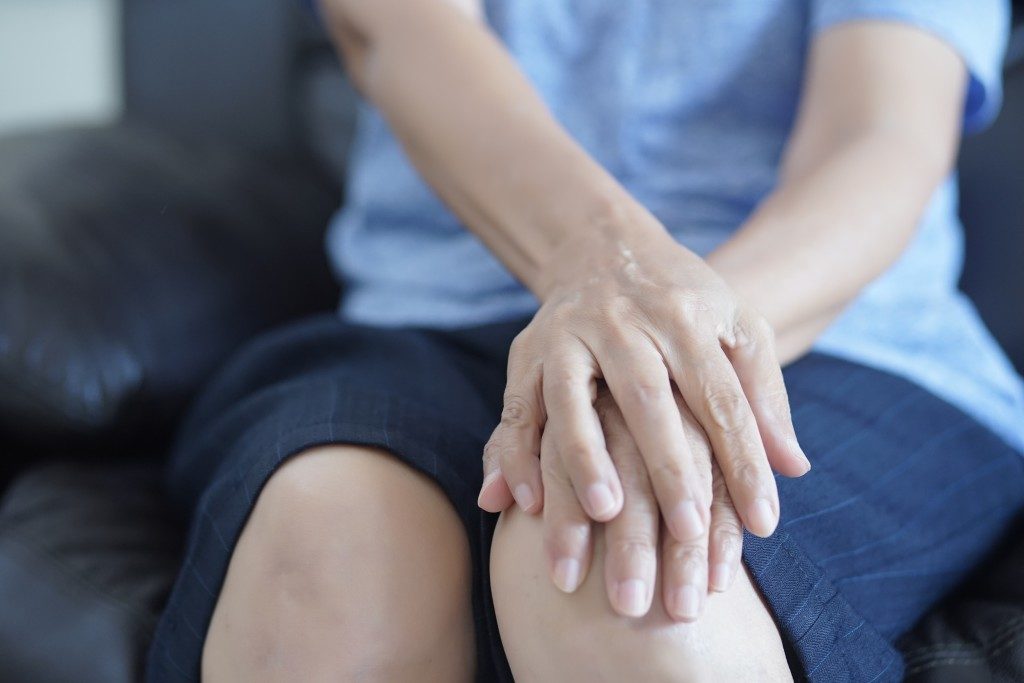If you are suffering from knee arthritis, you know too well the pain, stiffness, and reduced quality of life and mobility that come with it. But you should only consider knee replacement surgery as a last resort. There are alternative therapies that can help ease your pain and the other symptoms of knee arthritis.
Exercise to Lose Extra Weight
Losing excess pounds can help alleviate your pain. Studies have shown that merely being overweight by 10 pounds could add up to approximately 60 pounds of unnecessary stress on your knees. Regular exercise can help in reducing pain and strengthening your muscles.
Regular Physical Therapy Sessions
A physical therapist could develop a specific regimen for your particular needs to ease pain and make the key muscles affecting your knee stronger. Your physical therapist will teach you certain exercises and work with you to ensure that you are performing them properly. Depending on your requirements, your therapist might use heat and ice therapy, ultrasound therapy, electrical stimulation, or other treatment that will boost blood flow and help decrease pain.
Pain Medications and Steroid Injections
Medications such as over-the-counter painkillers and topical agents with bupivacaine or lidocaine can alleviate knee pain in some people. Your doctor might also recommend cortisone shots or steroid injections if OTC medications are not enough to ease your pain.
Hyaluronic Acid Knee Injections
Injections of hyaluronic acid aid in lubricating your knee joint to help with shock absorption. It can also improve mobility and assuage the pain.

Tissue Regeneration Through Stem Cell Treatment
If you undergo stem cell infusion therapy, stem cells from your bone marrow will be used to help restore knee cartilage tissue. More and more doctors are turning to this cutting-edge treatment to delay the need for invasive knee surgery. Stem cell treatment can also be used after undergoing knee surgery to reduce pain further and shorten the recovery time.
Arthroscopic Surgery
Your doctor might recommend arthroscopic surgery to get rid of torn meniscus pieces, damaged cartilage, or bone fragments and repair affected ligaments. Arthroscopic surgery is less invasive than conventional knee surgery. Patients usually go home right after the surgery.
Plasma-Rich Protein Shots
This involves injecting a plasma-rich protein into the affected knee. Platelets that contain growth factors will be separated from your blood. Once these platelets have been separated, they will be injected into your knee joint. While this treatment can help with pain, it does not restore cartilage.
Knee Osteotomy
If you have damage to only one part of your knee or some kind of deformity, this procedure might be beneficial to you. It involves shifting the weight-bearing load off your affected knee. It is, however, only ideal for people who are younger and with limited damage.
The main thing to keep in mind is that you should consider and research all alternative options available to you to try to delay knee replacement surgery. Do note though that delaying a recommended knee surgery could lead to more damage and long-term issues, so make sure to work with your doctor when considering alternatives.



